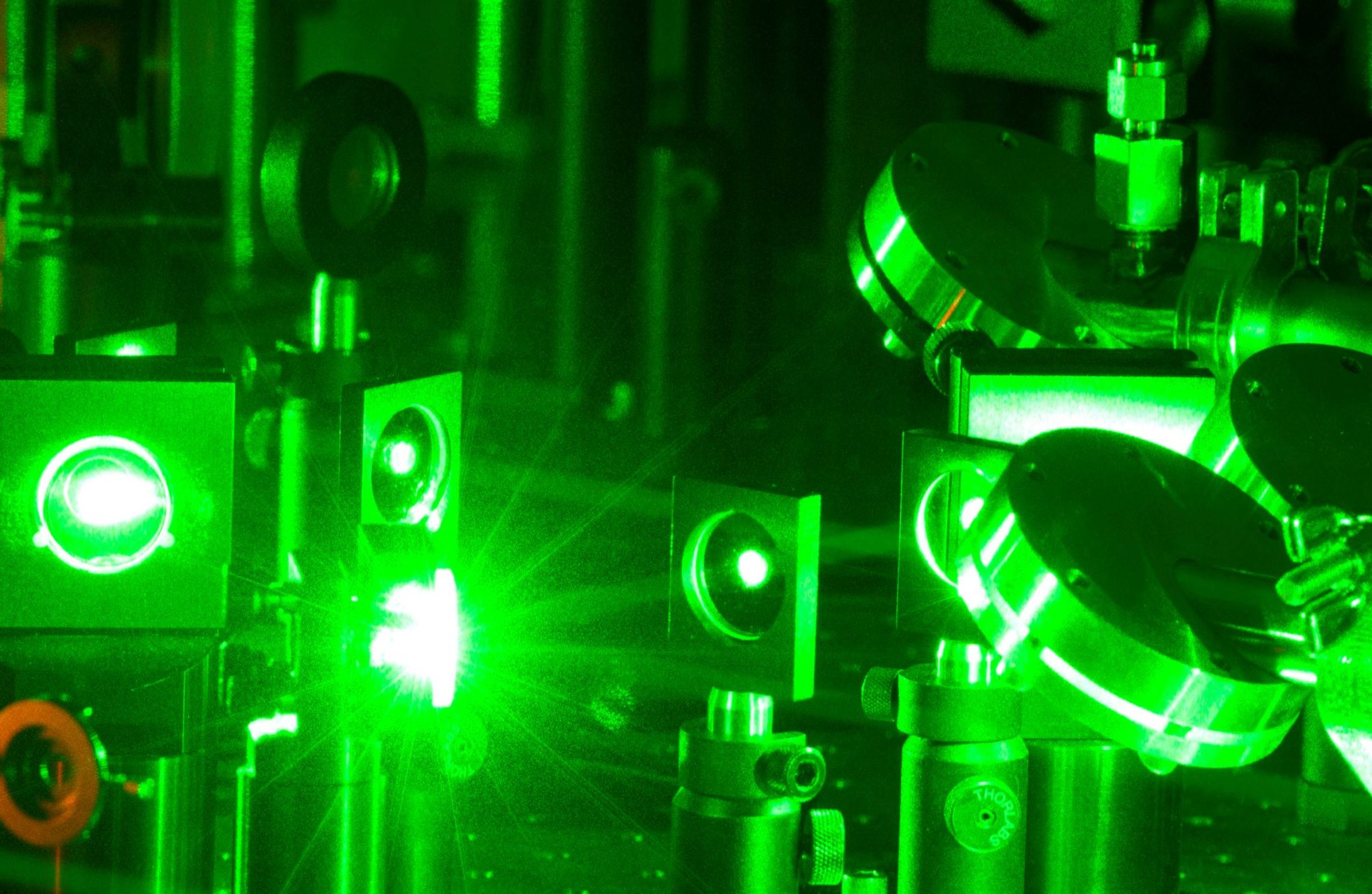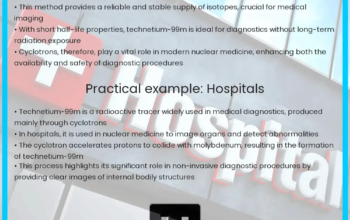In today’s rapidly evolving technological landscape, the realms of optics, photonics, and laser science stand at the forefront of groundbreaking innovations. These disciplines are not merely academic pursuits; they embody pivotal applications that transcend traditional boundaries, promising an intriguing shift in our comprehension of light manipulation and its myriad applications. Consequently, students and young professionals with an interest in these fields may often wonder whether internships are available, and if so, what unique opportunities await them.
Internships specializing in optics and photonics are not only available; they are increasingly essential for practical skill development and professional networking. Organizations ranging from academic laboratories to multinational corporations offer internships that allow aspiring physicists to immerse themselves in cutting-edge research and real-world applications. These internships are often tailored to those seeking to enhance their education with hands-on experience, reinforcing theoretical knowledge with practical skills that are indispensable in future career paths.
To elucidate the opportunities available, it is beneficial to categorize internships based on various sectors: academic institutions, government research facilities, and private industry. Each of these domains presents distinct advantages and challenges, enriching the potential experiences available to students.
Academic institutions often serve as the breeding grounds for innovative optical research. Universities with dedicated optics and photonics programs frequently offer research assistant positions or internships in their laboratories. These roles typically involve working closely with esteemed faculty members on ongoing research projects, providing interns with the chance to contribute to significant advancements in areas such as laser engineering, optical materials, and imaging technologies. Exposure to academic research fosters critical thinking and encourages a deeper understanding of the scientific method.
In addition, standout opportunities arise within government-funded research initiatives. Organizations such as NASA, the Department of Defense, and national laboratories often have dedicated divisions focused on optics and photonics. These internships can be particularly competitive yet rewarding, offering interns the chance to work on large-scale projects that may influence national security or space exploration. Interns in these settings may engage in diverse tasks ranging from experimental design and data analysis to theoretical modeling of optical systems, preparing them for the complexities of future employment in highly specialized fields.
Graduate internships also exist within private sector corporations. Enterprises in sectors like telecommunications, healthcare, and manufacturing seek young talent to assist with the development and implementation of optical technologies. Notable companies, including those involved in the production of lasers and imaging systems, routinely offer internship programs wherein participants can engage with real-world challenges. These internships often have a strong focus on the application of optics in product development, allowing interns to witness firsthand how theoretical concepts are transformed into market-ready solutions.
Despite the allure of these opportunities, prospective interns should undertake a proactive approach in their search. Networking is paramount; attending conferences, workshops, and symposiums can provide valuable connections that might lead to internship offers. Additionally, utilizing online platforms and university career centers can optimize the search for available positions. Exploring websites dedicated to optics and photonics exceptionally enhances the chances of finding specialized internship openings.
Engagement with professional organizations such as the Optical Society (OSA) or the Laser Institute of America (LIA) can also prove advantageous. These organizations often provide resources related to internships, job postings, and industry insights. Beyond mere listings, they provide a community that fosters dialogue among students and professionals with shared passions, further enriching the learning experience.
Furthermore, it is imperative for aspiring interns to prepare adequately for application processes. Crafting an engaging resume and a compelling cover letter that reflects genuine passion for optics and photonics distinguishes candidates in competitive settings. Providing examples of relevant coursework, projects, or extracurricular activities can illuminate the unique qualifications of each candidate. Preparation for interviews is equally crucial; demonstrating an understanding of current trends and challenges in the field can signal an informed and enthusiastic applicant.
Some internships even lead to an overarching theme: innovation through collaboration. Interns are often placed within multidisciplinary teams, allowing them to engage with experts from various fields. This collaborative environment not only enhances the interns’ problem-solving skills but also fosters an appreciation for the complex interrelations between optics and other scientific disciplines. Exposure to such interdisciplinary approaches can ignite new perspectives, thus sparking innovative ideas that could lead to significant advancements in both research and application.
Ultimately, internships in optics, photonics, and laser technologies contribute more than just professional experience; they promise a transformative journey. They encourage curiosity, facilitate critical questioning, and inspire future contributions to the scientific community. For students daring enough to seize these opportunities, the rewards are boundless. Each internship can be viewed as a crucible of knowledge and a gateway to understanding the intricate dance of light, challenging the boundaries of what is possible in science and technology.
In conclusion, the question of whether there are internships available within the domains of optics, photonics, or lasers is met not with mere affirmation, but with an expansive horizon of possibilities. It is a call to explore, to engage fully with the sciences of light, and to develop the skills necessary for pioneering future innovations. As the field continues to grow and evolve, the continuation of this exploration for practical experience remains both a necessity and an invitation to forge one’s path in this fascinating frontier of science.












